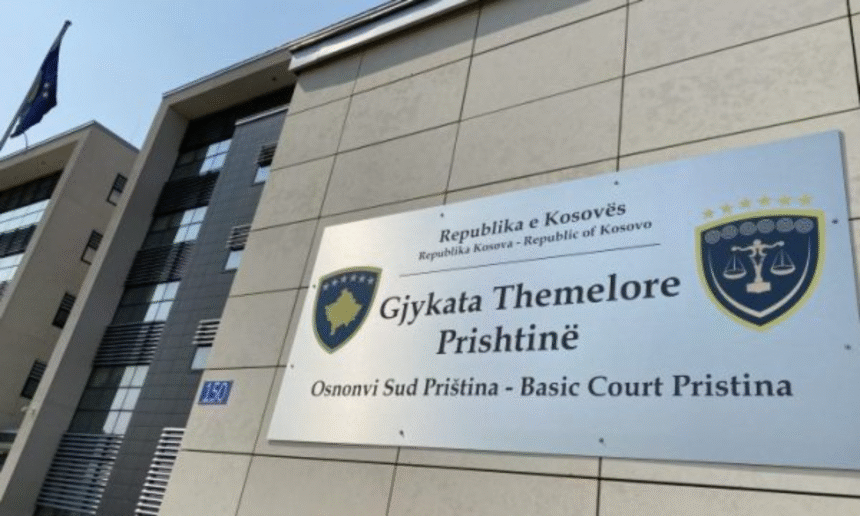At the request of defense attorney Dejan Vasić, Thursday’s court session in the Basic Court of Prishtina for Gavrilo Milosavljević accused of war crimes has been postponed.
The court confirmed the cancellation to the outlet “Betimi për Drejtësi.”
This is not the first delay in the case. A previous session on April 11, 2025, was also postponed due to the absence of a defense witness.
According to the indictment filed on November 29, 2023, Milosavljević, a former official at Dubrava Prison, is accused of co-perpetrating acts of murder, beatings, mistreatment, torture, and cruel and inhuman treatment of Albanian civilian prisoners, in collaboration with others.
The indictment states that Milosavljević, in cooperation with Serbian police units, participated in the mass killing of prisoners. On the day of the incident, around 1,000 prisoners were ordered into the prison courtyard, specifically an area known as the “Sports Field,” under the pretense they were being relocated to a safer area due to NATO bombings.
Immediately after the prisoners were lined up, Serbian forces allegedly opened fire using machine guns, mortars, and other weapons. The mass killing, which began on May 22, 1999, and lasted until May 24, 1999, resulted in the deaths of 109 inmates.
The indictment also alleges that Milosavljević and other Serbian military officers made daily rounds through Dubrava Prison’s “B” and “C” wings, where they brutally beat Albanian civilian detainees.
It further describes an incident involving several guards who entered a cell holding prominent political prisoners Ukshin Hoti, Gani Baliu, Skender Gashi, Mehmet Memçaj, and Shkëlqim Zllanoga. After turning off the lights, the guards reportedly berated Hoti, telling him, “Professor, NATO is bombing us because of you,” while insulting and threatening him. One guard allegedly grabbed Zllanoga by the throat, nearly suffocating him.
Milosavljević is charged with committing “War Crimes Against the Civilian Population,” as defined under Article 142 in connection with Article 22 of the Criminal Code of the former Socialist Federal Republic of Yugoslavia (SFRY), which was in force at the time of the alleged offenses.







